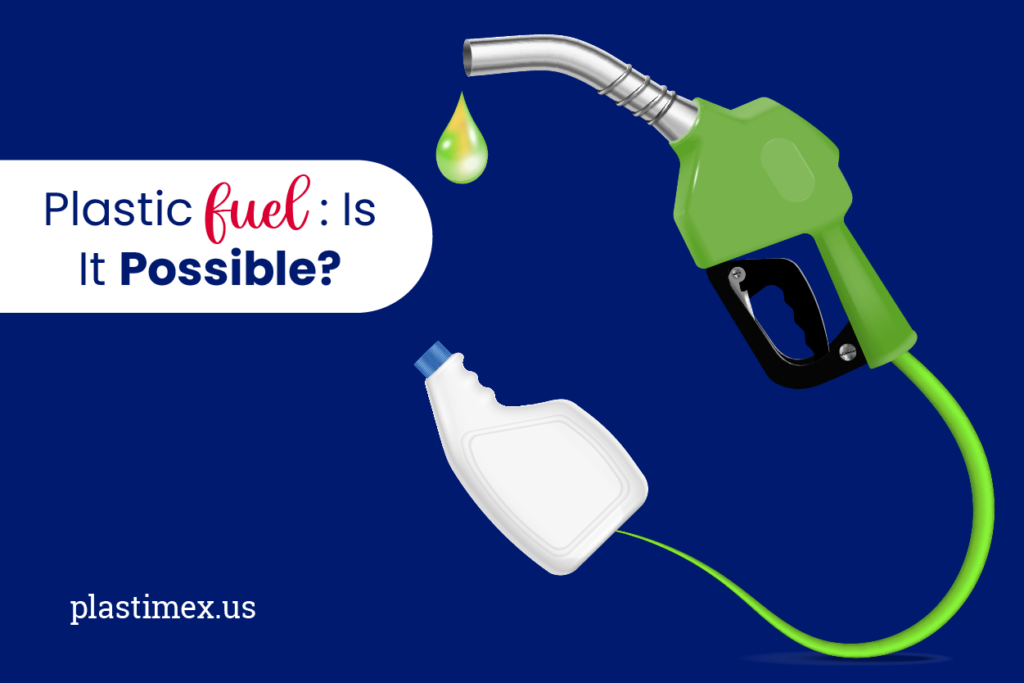Amid growing concerns about the environmental impact of plastic, new research, and development constantly emerge to find sustainable solutions. One area that has gained attention in recent years is the possibility of creating plastic fuel. In this blog, we’ll explore whether it’s possible to turn plastic into a viable source of energy.
The Plastic Problem
In recent years, plastic debris has become a major concern due to its resistance to degradation and its massive accumulation in landfills and oceans. Its slow decomposition and the release of toxic chemicals during that process pose a threat to marine life and ecosystems. Therefore, finding ways to use plastic more efficiently and sustainably is crucial to solving this problem.
Is It Possible to Create plastic fuel?
Turning plastic into fuel may seem like an attractive solution, as it would put this material to practical use instead of becoming waste. The idea is to transform plastic into energy through pyrolysis or gasification processes, which involve subjecting the plastic to high temperatures in the absence of oxygen. This produces combustible gases and liquids that can be used to generate thermal or electrical power.
One of the main advantages of this solution is that if an efficient process can be developed, plastic fuel could become an additional energy source, helping to diversify our energy matrix and reduce our dependence on fossil fuels. Additionally, the use of plastic as fuel would reduce the amount of plastic waste that affects our ecosystems and daily lives.
Challenges and Concerns
- Emissions and Pollution: The combustion of plastic can generate toxic and polluting emissions that contribute to climate change and air pollution.
- Efficiency and Profitability: Plastic-to-fuel processes are still developing and face challenges in terms of efficiency and economic viability. Additionally, a significant amount of energy is required to carry out these processes, which could limit their net environmental benefit.
- Selection and Preparation of Plastic: Not all types of plastic are suitable for conversion to fuel, and the separation and preparation of plastic for this purpose can be complicated.
Although the idea of using plastic for fuel has its attractions, it still faces significant challenges and concerns. While it could be an option to reduce the accumulation of plastic waste, more research and development are needed to address the issues related to emissions, efficiency, and cost-effectiveness. Furthermore, it is essential to remember that plastic reduction and recycling remain the most effective and sustainable solutions to address the plastic problem.

